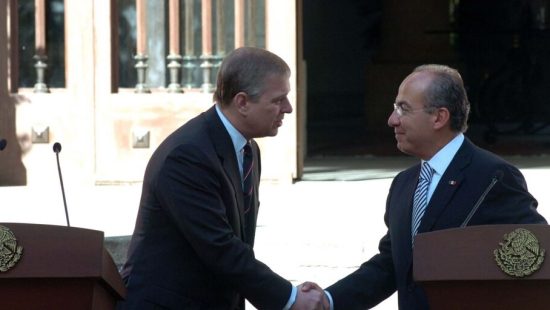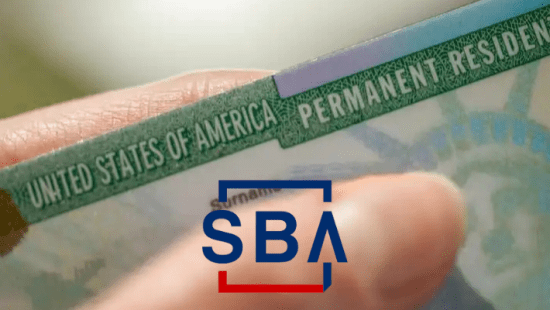Explosive Reports Link Tamaulipas Governor to Corruption, Huachicol, and U.S. National Security Concerns
Governor Américo Villarreal of Tamaulipas finds himself at the center of a deepening political and public relations crisis amid growing rumors that his U.S. visa—and those of his family members—have been revoked. While the state government has officially denied the reports, the shifting narrative, high-level political tensions, and increased U.S. scrutiny have intensified speculation.
On Tuesday, May 13, multiple social media accounts reported that U.S. authorities had revoked the visa of Américo Villarreal, along with those of his immediate family, allegedly due to an ongoing investigation. These reports suggested the family had been notified of the decision and barred from entering the United States.
In response, the Tamaulipas Security Spokesperson issued a statement via their verified account on X (formerly Twitter), saying:
“Regarding the information circulating on social media about the alleged revocation of the visa of Tamaulipas Governor Américo Villarreal Anaya, we clarify that this is unconfirmed information from any authority. We recommend that citizens stay informed through official channels.”
Notably, the spokesperson initially labeled the claims as “false,” but later revised the language to say the information was merely “unconfirmed.” The original post was deleted.
Governor Villarreal himself has remained silent on the issue via his own social media accounts. However, journalist Simón Levy asserted that the governor was formally notified of his visa cancellation on Tuesday—a claim yet to be independently confirmed.
Villarreal’s troubles are compounded by broader concerns about security and corruption in Tamaulipas. According to political insiders, U.S. authorities have been closely monitoring the governor’s administration, particularly in light of previous incidents involving Mexican officials.
One such incident involved Alberto Granados, the mayor of Matamoros, who was reportedly detained and denied entry while attempting to cross into Brownsville, Texas. His visa was revoked following an interrogation focused on fuel theft (commonly known as huachicol), drug trafficking, and alleged business dealings tied to the Villarreal family.
These developments follow revelations that Marina del Pilar, Governor of Baja California, confirmed the cancellation of her and her husband’s U.S. visas. Though she denied being under investigation and clarified that the cancellations were “consular procedures,” her case has added weight to similar allegations surrounding Villarreal.
Marina del Pilar also denied reports that her U.S. bank accounts had been closed, stating publicly:
“No accounts were canceled in the United States simply because none exist. I do not have any bank accounts abroad.”
Her husband, Carlos Torres, who oversees development projects in Tijuana, also reportedly had his visa revoked.
The political crisis in Tamaulipas is not limited to international scrutiny. Domestically, Governor Villarreal is said to be increasingly frustrated with his team and the escalating damage to his image.
According to insider sources, Villarreal is now threatening to fire his spokesman, Francisco “Paco” Cuellar, whom he blames for failing to control the narrative. Cuellar was recommended by Jesús Ramírez, former spokesperson for President Andrés Manuel López Obrador, but the governor has reportedly fumed in recent days, saying, “Let Jesús Ramírez come fix this mess.”
Tensions came to a head when the outlet Código Magenta published a report linking Villarreal’s administration to the fuel theft trade. The governor reportedly instructed Cuellar to issue a public denial and threaten legal action against the publication. Cuellar, however, had allegedly reassured Villarreal months earlier that an understanding existed with the outlet’s leadership—an agreement that appears to have unraveled.
Inside sources claim that Villarreal now feels politically isolated. Former allies like Jesús Ramírez and Mario Delgado no longer carry the influence they once did, and the late Sergio Carmona, once a powerful supporter, is no longer a factor.
As speculation mounts, key questions remain unanswered: Has the U.S. formally revoked Governor Villarreal’s visa? Will he face further consequences amid growing investigations? And can his administration withstand both international pressure and internal fragmentation?
For now, the only certainty is that Tamaulipas is in the midst of a full-blown political crisis—one that spans both sides of the border.








